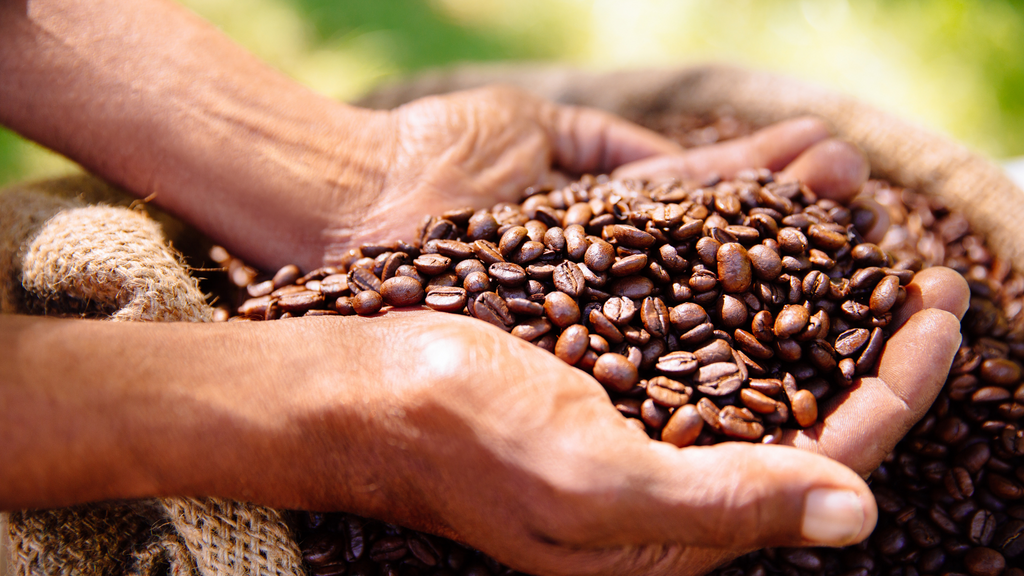Fair Trade vs. Free Trade: Understanding the Difference
In today’s global economy, the terms fair trade and free trade are often used interchangeably. We certainly understand the confusion! However, these concepts represent distinct approaches to international business, and they have important impacts on workers, communities, and the environment. Understanding the differences in fair trade vs. free trade is important for shoppers, businesses, and legislators to make informed decisions. In this post, we’ll discuss the differences between fair trade and free trade, and how each concept impacts key stakeholders.

What is fair trade?
Fair trade is a global movement to strengthen fair and sustainable trading partnerships. The fair trade movement values the well-being of the environment and the dignity, health, and equality of all people. For Passion Lilie, ensuring the safety and welfare of our workers is our highest priority. We believe that fair trade brands like us provide an alternative to fast fashion companies that harm their labor force and surrounding ecosystems. Here are some of the main ways we achieve our goals:
- Fair Prices: Fair trade ensures that producers receive a fair price for their products, which covers the cost of sustainable production and provides a living wage.
- Fair Labor Practices: Fair trade standards prohibit child labor and forced labor and promote safe working conditions and the right to organize.
- Community Development: Fair trade organizations invest in community development projects, such as education, healthcare, and infrastructure, to improve the well-being of producers and their communities. For example, Passion Lilie sponsors a free training program in India for women who wish to rise to the higher-paying position of tailor. We prioritize working with our Indian partners to provide artisans with opportunities to deepen their skills.
- Environmental Sustainability: Fair trade promotes environmentally sustainable practices, such as organic farming and renewable energy, to minimize the impact on the planet. At Passion Lilie, sustainability is a key part of our mission. We constantly strive to be more organic and less wasteful.

What is free trade?
Free trade, on the other hand, refers to a country’s political decision to allow trade across borders with minimal governmental intervention. The key principles of free trade include:
- Removal of Trade Barriers: Free trade agreements aim to eliminate tariffs, quotas, and other barriers to trade to promote the free flow of goods and services across borders.
- Competition: Free trade encourages competition by allowing businesses to operate in a global market without restrictions, leading to lower prices and greater efficiency.
- Economic Growth: Proponents of free trade argue that it promotes economic growth by increasing market access and fostering specialization based on comparative advantage.
Key Differences
- Focus: Fair trade focuses on social and environmental sustainability, whereas free trade prioritizes economic efficiency and market liberalization.
- Impact: Fair trade aims to empower marginalized producers and promote equitable development, while free trade primarily seeks to maximize economic growth and consumer choice.
- Regulation: Fair trade is governed by standards set by certifying organizations, while free trade is governed by international agreements and trade policies set by governments.
- Trade Relationships: Fair trade emphasizes long-term relationships between producers and buyers, often based on principles of solidarity and mutual respect, whereas free trade emphasizes competitive market dynamics.
Conclusion
In summary, the differences in fair trade vs. free trade represent contrasting approaches to international trade, with fair trade placing greater emphasis on social justice, environmental sustainability, and community development, while free trade prioritizes economic efficiency and market liberalization. Both approaches have their proponents and critics, and the debate continues about how best to balance economic interests with social and environmental concerns in the global marketplace. Understanding these differences can help consumers make informed choices and support trade practices that align with their values.
At Passion Lilie, we're so proud to be fair trade certified and to play one part in a larger movement that actively contributes to a better world.


Leave a comment